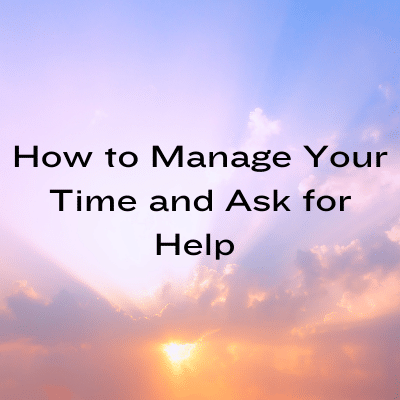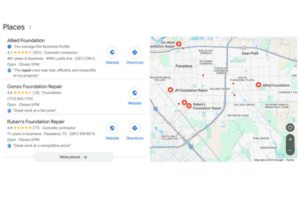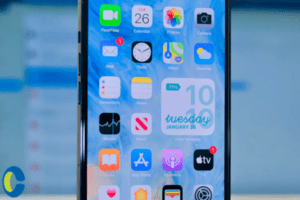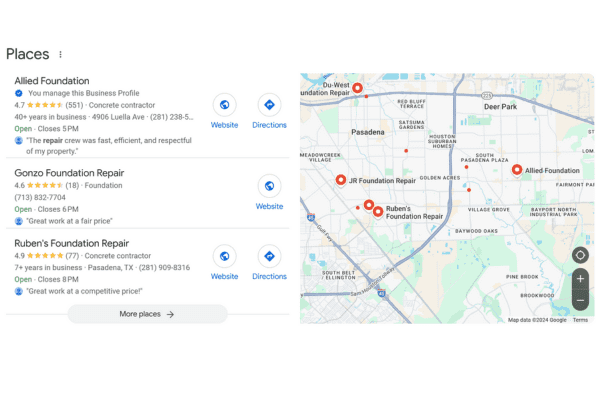At some point in your life, you’ve probably accomplished something great.
Maybe you started a business.
Maybe you’re managing a property.
Maybe you’re raising two kiddos and they’re both still alive and thriving.
Accomplishments are what happen when hard work meets dedication. Many days we may not even be aware of what we have accomplished. This is part of the reason why it’s so important to remind ourselves from time to time of our accomplishments.
But what do we do when we’re accomplishing too much?
How can we tell when we’re working ourselves too hard?
That’s what we are talking about today, so stay with me.
“It wasn’t that Harvard was deliberately trying to overwork me, but I think I had a tendency to take on more things out of enthusiasm than were good for me.” -Eric Maskin
Many times, the path to being overworked starts with passion.
Don’t misunderstand me. Passion can be a very good thing. It’s part of what makes the human spirit such a beautiful thing. When humans are passionate about a cause, great things can happen.
But, on the other hand, passion can lead us to working way harder and taking on way too many tasks on our own.
Think about your passion. What gets you out of bed in the morning? What do you care most about?
Now that you’ve got that, ask yourself, how much time do I spend working toward this every day?
According to a recent article posted by Inverse , “Currently it’s accepted that the standard working week is around 40 hours depending on the country. We also know from a large body of research that working over 48 hours is generally bad for an average employee,” Kamerade-Hanta, an associate professor, says.
The article also mentions that a variety of health problems can come from working too hard. It isn’t uncommon for people who chronically work overtime to have heart issues, mental health concerns, and other health concerns.
After you’ve done the math, if you find that you’re over that 48 hours mark, make a list of everything you do in a day. And put a number to it.
If it means setting a timer on your phone while you work, do it. If it means keeping a Post It note near you with a tally of how long you’ve spent on each task, do that. You want to find a cold, hard number that describes the amount of time you’re spending on each task.
Now, prioritize those tasks.
What are the tasks that only you can do?
If we’re used to overworking, this will probably be the hardest part of this exercise. If you’re struggling here, have a friend or co-worker take a look at the list you’ve made and get their input. Sometimes a second set of eyes can really help put the amount of work you’re doing into perspective.
Once you’ve decided the tasks that you can pass off to someone else, brainstorm who you think could be a good fit for these tasks. You’d be surprised by the number of people who are willing to help; they just need to be asked.
If you’re considering individuals at work, try to foster an honest conversation. If too many coworkers are also overworked, consider bringing in outside help.
Maybe there’s an agency that specializes in a task that is taking up too much time.
Maybe there’s a freelancer who can work part time.
You’ll never know unless you do a little research, but the truth of the matter is that if you continue overworking yourself, there could be some serious health concerns later down the road.
Your passion alone can help you achieve great things, but it can also ignore what your body is telling you. And your health and well- being as a person should be at the top of your priority list. Without your health, there is no you. And without you, you can’t contribute to the cause you care so deeply about.
I’ll leave you with this quote for today:
“Imagine life as a game in which you are juggling some five balls in the air. You name them — work, family, health, friends and spirit and you’re keeping all of these in the air. You will soon understand that work is a rubber ball. If you drop it, it will bounce back…” ―Brian Dyson, former vice chairman and COO of Coca-Cola.
And when it bounces back, if you’ve found balance with the other parts of your life, you’ll have no problem catching it.















